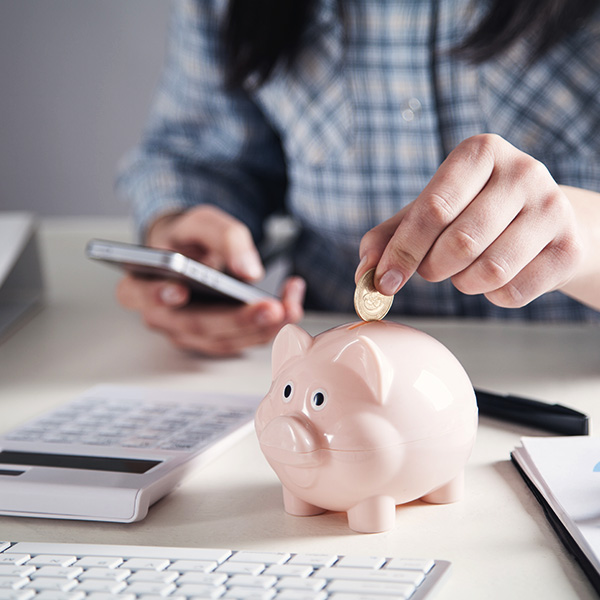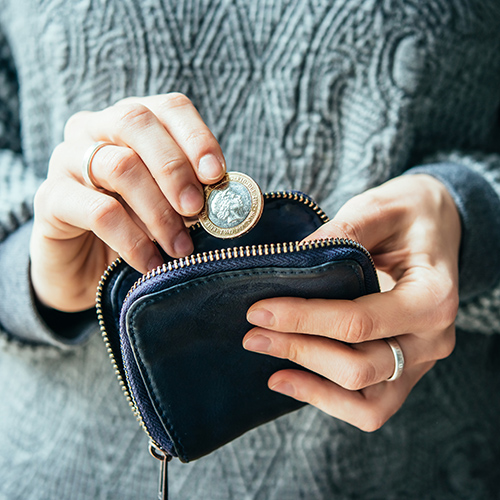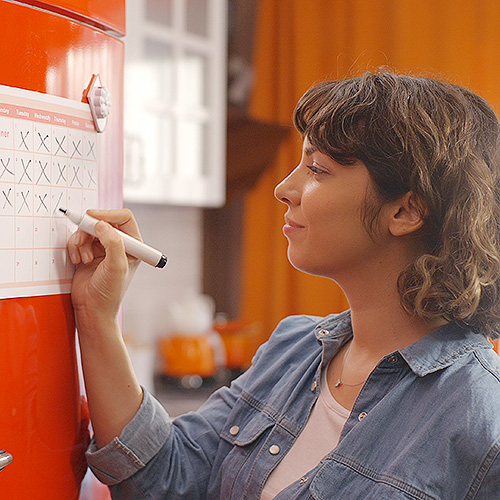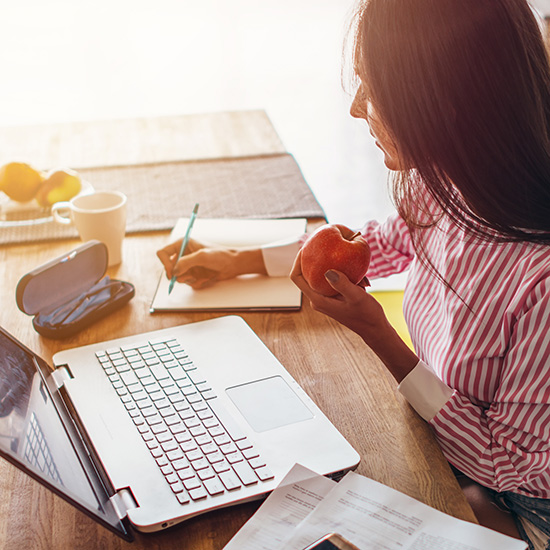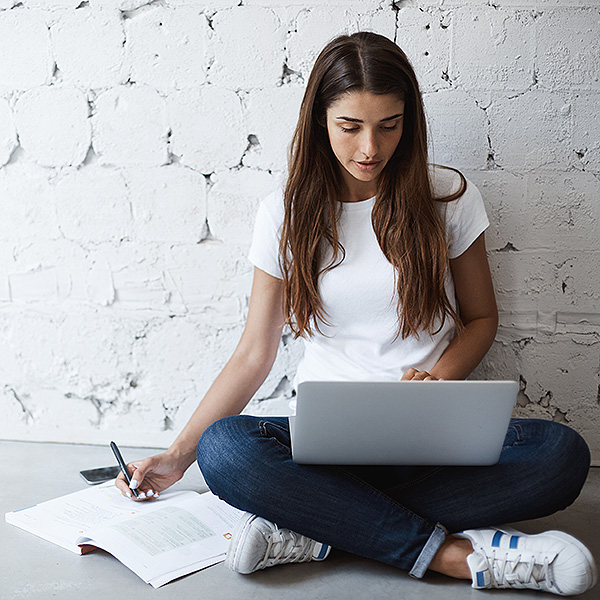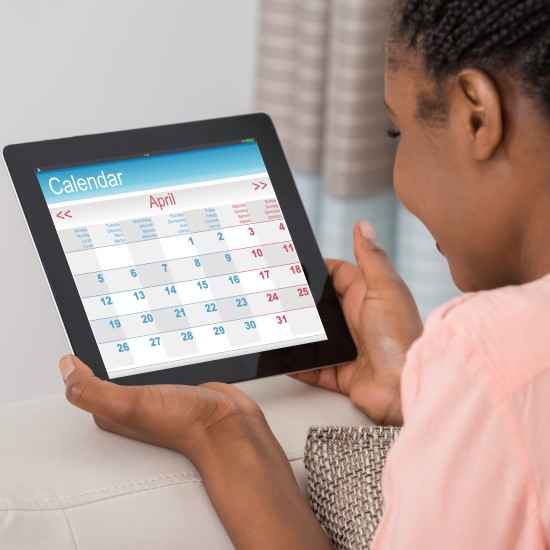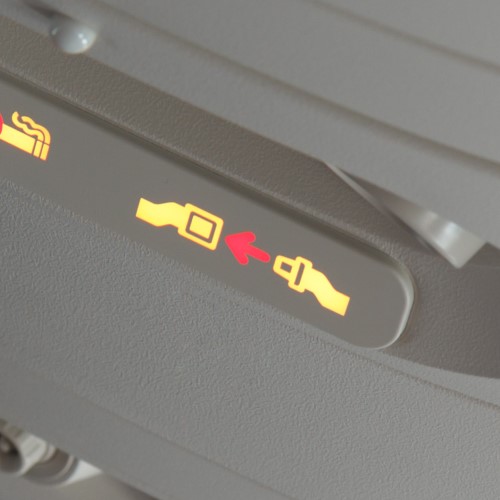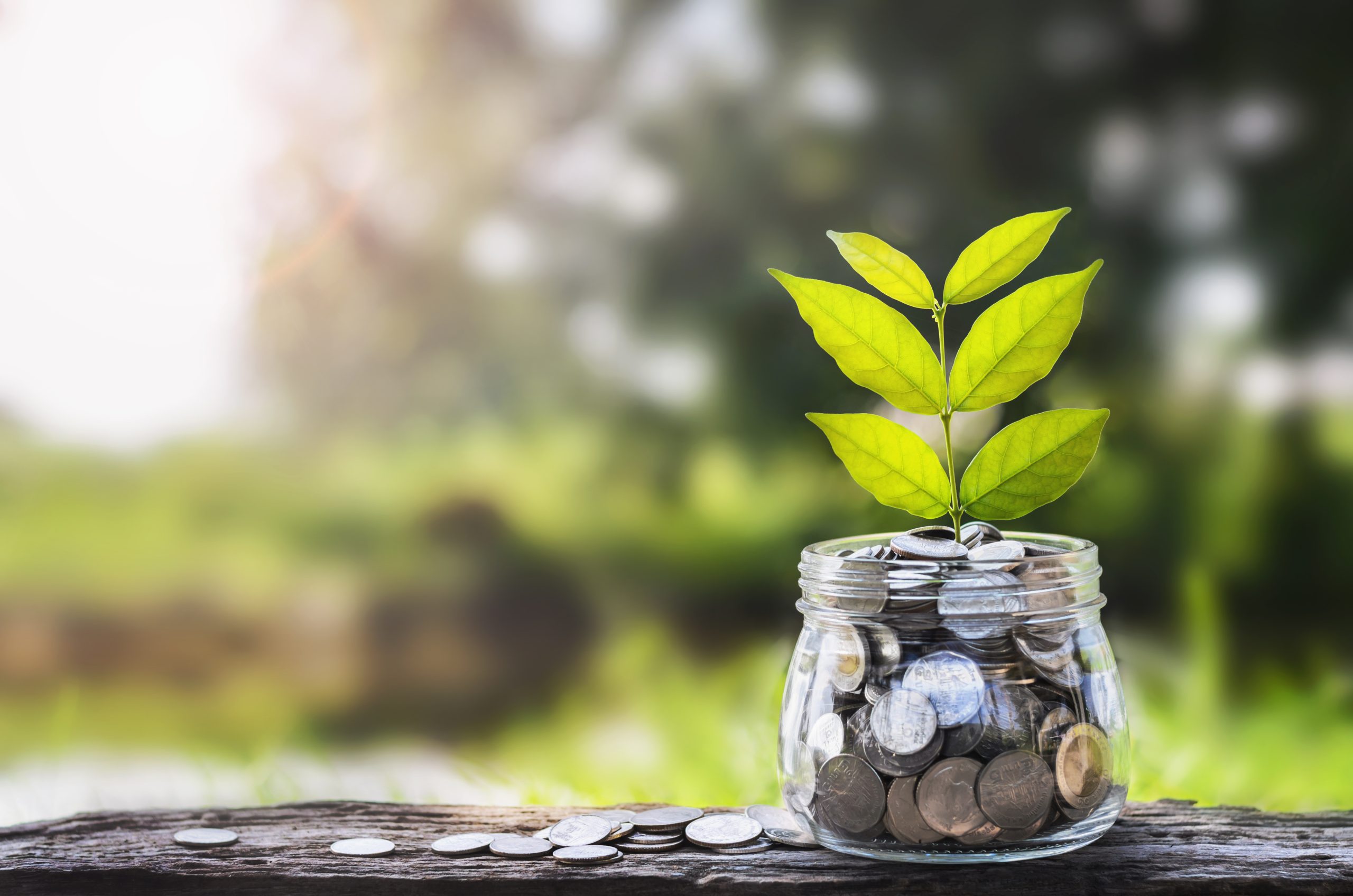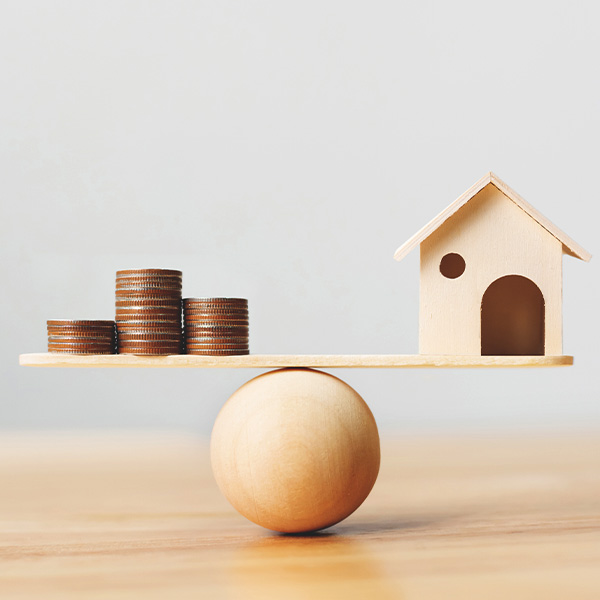Savings insights
Everyone should aim to save money regularly. Whether it's to pay for something specific or to build up an emergency fund, putting money aside for the future is an important habit to get into.
But that's easier said than done! So, the first step is getting into the habit of always putting something into your savings each month – even if it's just a few pounds for now.
- Visit our saving for children insights page to find out how to save on behalf of a child and how to teach children habits that will help them avoid debt as adults.
- Thinking about investing, rather than saving, your money? Find out how to get started in investing with our Investing for Beginners guides.
How to save for the future
The future is uncertain, but if there's one thing we know for sure, it's that at some point we'll thank our past selves for putting some money aside.
The key to saving money for the future is creating a realistic budget that you can stick to. There's always going to be some months when it's just not possible to put as much money aside as you'd like to, but as soon as you start saving regularly, you'll find yourself in a much better financial position.
Find out more about saving for the future:
How to make a budget you can stick to
Budgeting isn't about not spending money. A good budget will simply help you to work out what your priorities are and help you to see how much money you can spend without getting into debt.
Find out more about budgeting:
Do you need to pay tax on savings?
If your savings are in a "tax-free" or "tax-exempt" account (such as an ISA) then you won't be charged any tax, no matter how much your money grows by.
If you have money in an account that isn't tax-free, then you may have to pay tax but only if you make more than your "personal savings allowance" in interest or investment returns.
For most people, the "personal savings allowance" is £1,000 each tax year, but this could be more or less depending on how much you earn. That means most people are allowed to make up to £1,000 in interest or investment returns every year before paying tax.
Find more about personal savings allowances and how tax might impact your savings:
Should I invest my money?
When putting money away for the future, you can choose to save it in a savings account, where it will grow with interest rates, or you can invest it in an investment fund, which buys shares in the stock market.
When deciding which is right for you, it's worth thinking about how long you want to save for and how much risk you're comfortable taking with your money.
With investing, there is a risk that when you come to withdraw your money, the value of the funds might have gone down which would mean you'd have less money than you put in. However, there's also more potential for your money to grow then there is if it's in an account that doesn't invest.
Take a look at our Investing for Beginners guides to learn how to get started in investing and what risks to be aware of.
Find out more about investing:
Teaching children about money
One of the most important lessons you can teach your children is how to budget and manage their own money.
Giving them some financial responsibility can help them to understand the value of money, how much things cost, how to save up for something they want and make budgeting feel like a normal part of life.
Take a look at our child savings insights page to find out about ways to save money on behalf of children and how to educate children about the cost of living.
Read more about helping your children become financially responsible:
How to save money as a teenager
If you're saving up to go travelling after your A-levels or putting some money aside for university, you need to know how to make the most of the money you're working hard to earn.
Look for accounts with high interest rates that won't charge you to take your money out when you need it (some ask you to leave it in the account for a set period of time, which might not work for you) and be strict with yourself about saving - it's a good idea to write a realistic budget that you know you can stick to.
Find out more about saving money as a teen:

